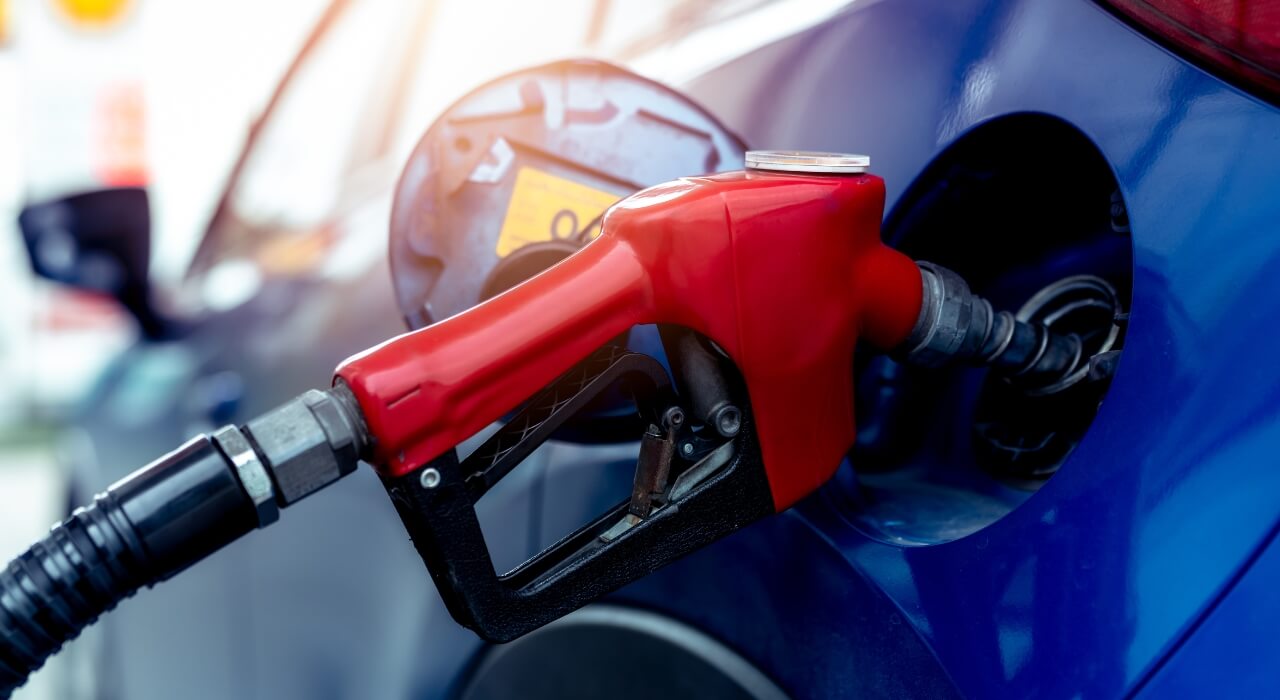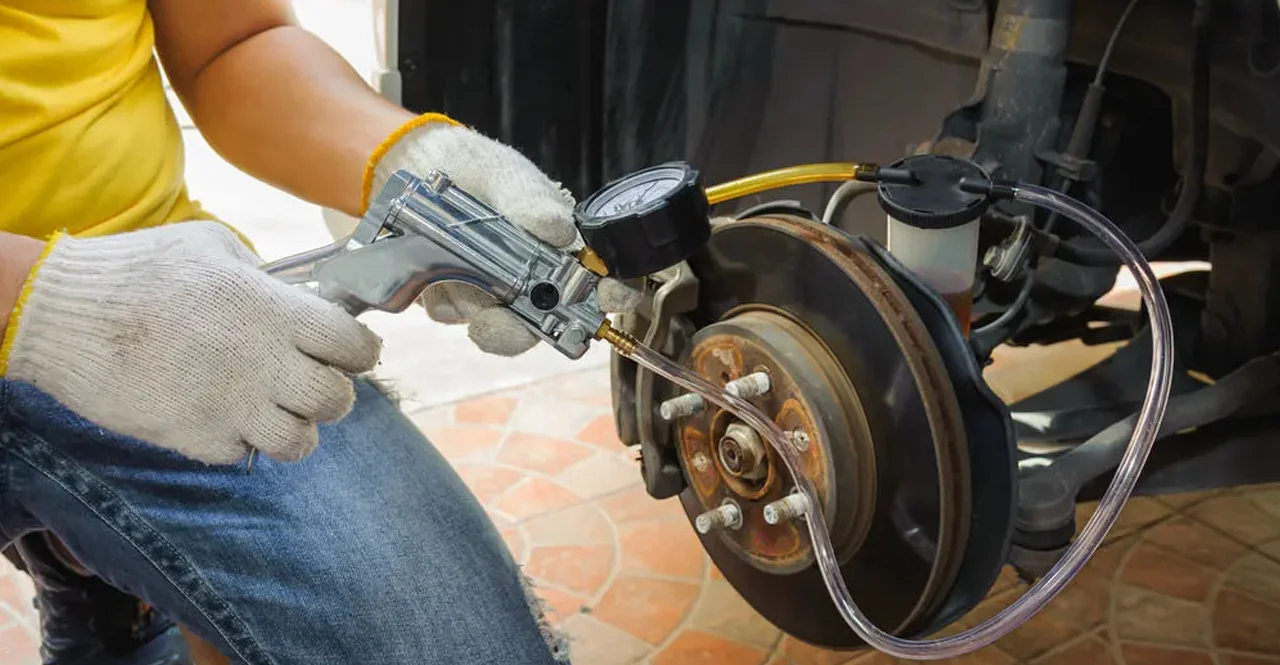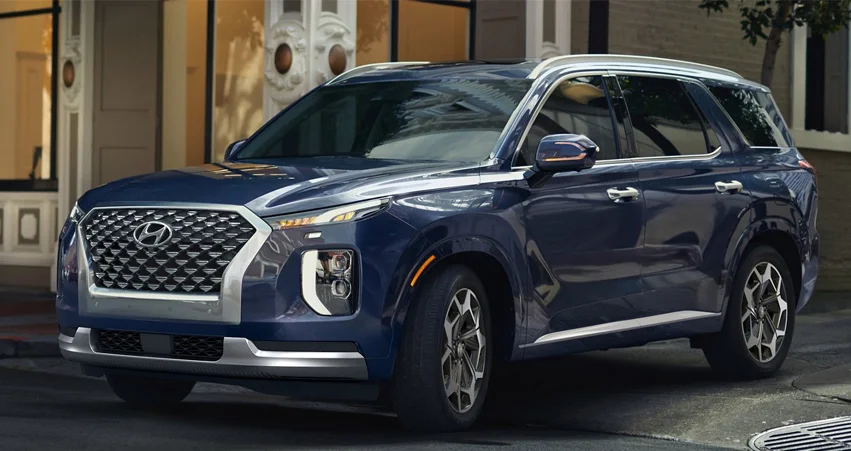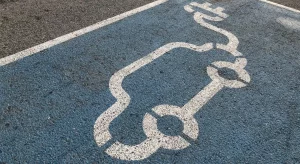When you go to the gas pump and fuel your car with gas and see different types of gas. One question might come to your mind- what kind of gas does my car take?
We are here to help you decide what type of fuel to add to your vehicle. Using the correct gasoline is important because using the wrong fuel can potentially damage your car’s engine.
So are you one of the millions of Americans for whom regular unleaded always works? Or is your vehicle benefiting from one of the alternatives that are available at more service stations everywhere?
Read on to find out!
What kind of Gas Does My Car Take Us?
When it comes to the right kind of gas for your car, it’s not about the best octane number, but the octane number your car needs. If your car manual says 87 octane is good for you. So don’t use premium gas, it won’t do you better.
If your car manual says the 91-93 octane number is good for your vehicle, use car premium. Now we will explain each type of gas for your vehicle and the steps to better understand fuel for cars.
For more vehicle update, reviews, deals, best cars product for interior & exterior design you can follow Trending Automobiles Zone.
Most Popular For You
- 9 Cars with Pop Up Headlights – Coolest Modern Cars
- 6 Cheap Cars with Paddle Shifters 2021 – Benefits of Paddle Shifters
- 11 Salient Questions to Ask When Buying A Used Car
- 10 Reason Your Car Shakes When Accelerating But not When Coasting
- How Much Does it Cost to Paint a Car yourself?
- The 9 Best Sleeper Cars In The American Market That You Can Buy in 2021
3 Types of Gas For Your Car
There are different octane ratings and depending on it 3 major kinds of gas are available for your vehicle.
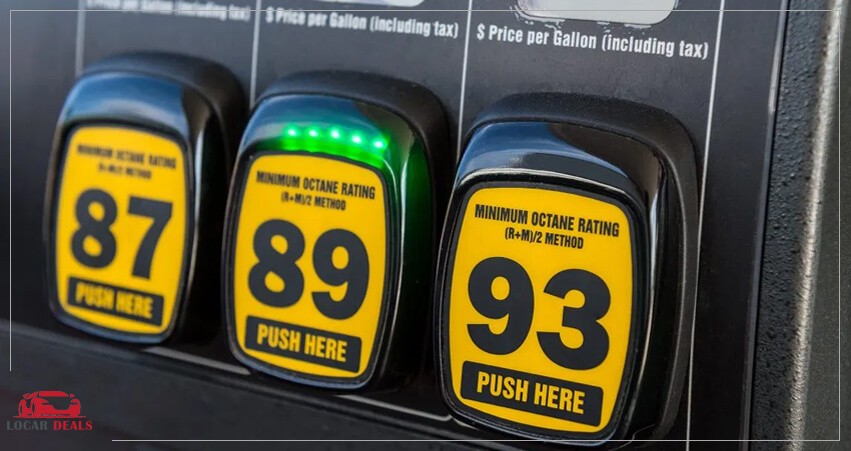
Regular Gas – 87 Octane
Regular gasoline has an octane rating of 87, an average of 85 to 88. This type of gasoline is your usual choice. This is also recommended by many automakers.
The 87 octane rating makes your car efficient, although it may not have the best performance components that higher octane gasoline options have. However, certain makes and models of cars require higher octane gasoline.
While many cars do not. If you are traveling on a budget, know that regular gasoline is the cheapest of them all and will help you achieve your main goal, which is getting from point A to point B.
Mid-Grade or Plus Gas – 89 Octane
Some manufacturers may recommend filling the tank with 89 octane. This octane rating is also known as middle-class gas. It is between premium and normal gas octane.
This is useful if your vehicle’s engine has carbon deposits causing a ping or knock-on pre-ignition.
Premium Gas – 92 Octane
Premium gasoline, which typically has an octane rating of 92 or 93 (compared to the normal octane rating of 87), is developed to reduce knocking in high-compression cars.
The compression ratio is the total volume in the cylinder that is displaced when the piston moves. Today, depending on where you live, premium gasoline can consume between 20 and 50 cents more per liter than regular gasoline.
This can build up quickly in the pump. There are many luxury cars that use premium gas.
Difference Between Premium Gas Vs. Regular Gas
In most states, the octane number of regular gasoline is usually 87. On the other hand, premium gasoline is usually 91 or 93 octane. If the fuel is stronger, it can take more compression before exploding.
The higher the octane, the less likely it is that knocking will happen at the wrong time. This can happen occasionally, but it’s unlikely to do any damage to your car. However, if it happens more frequently, it can speed up the decline in your engine’s performance.
Premium gasoline is usually the most expensive gasoline you can buy. For the best engine efficiency, several luxury automobile manufacturers, sports car manufacturers, or foreign car manufacturers suggest higher octane premium fuel.
Verify again to discover if the manufacturer of your car mandates or advises premium fuel. The owner’s manual for your car will advise you on what type of fuel to use to obtain the performance you want out of it.
What Happens if You Don’t Choose the Right Gas for You?
It’s no secret that premium gas can be quite expensive. Have you ever thought about going for the cheaper options instead?
If your vehicle requires a certain type of fuel, we strongly advise against it. What Can Go Wrong If You Are Not Using the Right Gas? Read out our answer for this question.
1. If You Use Lower Octane Than Required
If your vehicle requires premium fuel, you should always choose Premium. Refueling your premium vehicle with only regular gasoline can cause your engine to knock so hard that parts of your engine can be damaged.
In many cases, such damages are often not even covered by manufacturer’s warranties. While premium fuel is a bit more expensive upfront, it is much cheaper than paying out-of-pocket for expensive engine repairs.
2. If You Use Higher Octane Than Required
If your car doesn’t use premium gasoline and you use it anyway, your car won’t be damaged. However, you will not get any noticeable increases in mileage or performance. Hence the only noticeable difference is the price increase.
Important Points For Fuel Right Gas for You Car
There are few points that you keep in your mind when you are fueling gas for your vehicle and when arise any doubt regarding what kind of gas does my car take us:-
Why Do Some Engines Need Premium Fuel?
Before you know why some cars need a higher octane rating, it’s important to understand what exactly octane is. When you turn on the ignition, a spark is created that ignites the compressed air-fuel mixture in your engine and allows the gas to fuel your car.
Sometimes this mixture can ignite prematurely, a phenomenon known as pre-ignition, which is indicated by engine knocking. Modern vehicles often have knock sensors that prevent this.
Does Premium Fuel Improve Vehicle Performance?
While using regular fuel in a vehicle that requires premium has some potential downsides, there are no added benefits in reverse: bringing premium fuel to a regular car that only uses regular gasoline.
Higher octane fuel will not help clean the engine, improve performance, or increase fuel economy. Some people like to give their car a tank of premium fuel every now and then, but all you really do is spend 19 cents a gallon or so on premium fuel.
Differences Between Gas Types
Most automobile engines are built to withstand pre-ignition. So normal gas is a perfectly acceptable option. Some high-performance and luxury cars are equipped with higher compression engines that are more likely to pre-ignite.
These cars are likely to require higher-quality gasoline. It is important that you read your owner’s manual to check the octane rating required for your vehicle.
You must follow the factory recommendations, especially during the warranty period. Choosing the wrong type or type of fuel can be a waste of money and damage your car’s engine.
When Should I Fuel My Car With Regular Gas?
If your car is rated for regular 87-octane gasoline, you’re in luck. You can safely use the cheap stuff. Premium fuel will not make the engine run better or produce more power.
There is simply no benefit to buying premium fuel unless there is a difference in ethanol content.
It is not uncommon for regular gasoline to contain up to 15 percent ethanol (often referred to as “E15”) and for the premium option to be ethanol-free.
Ethanol is a less efficient fuel than gasoline, which means that gas without ethanol is always more efficient than gasoline with ethanol.
Top FAQ Related What Kind of Gas Does My Car Take?
Why do you buy premium gas for your car?
The only reason to buy premium gas would be if your owner’s manual specifies that your car requires it. Now for better performance of your car you should use premium gas for your vehicle.
Why do cars need different gas?
Because of the compression ratio. If your car has a high compression ratio then your car requires a high octane level or premium gas.
If the compression ratio is less than regular level gas is more than enough for your vehicle.
what is the best gas for a car engine?
Right gas for your vehicle depends on your vehicle user manuals. If it says that octane level 87 is right for your car then use regular gas. If octane level is required high then you can use premium gas for your vehicle and it works best for your car.
What is the difference between premium, regular, and plus gas for a car /truck?
There is a difference between gases due to octane rating. High octane rating requires premium gas, and low octane rating requires regular gas.
What will happen if I put regular gas into a car that requires premium gas?
The air mixture will detonate prematurely at the high compression ratios such engines use. This robs the engine of performance as the piston has not reached the top of the cylinder to start the power stroke when the fuel begins to burn.
What would happen if I put premium gas into a car that takes regular?
There would be no harm, but also no increase in performance. In order to use premium gasoline, the car must be transformed for it.
How do I know what gas to put in my car?
The minimum octane rating is listed in the owner’s manual, and vehicles that need premium fuel will typically have a sign indicating this on or near the gas cap, and occasionally even by the fuel gauge.
According to your vehicle user manual, you can use premium gas. If not, there is typically no reason to purchase anything other than the standard fuel with the lowest price at the pump.
What happens if I put 87 instead of 91?
If you accidentally or purposefully put low-octane fuel in your high-octane car. Poor fuel efficiency decreased acceleration, and spark knock, which sounds like a high-pitched pinging or rattling noise, are some of the symptoms that you’ll undoubtedly experience straight immediately.
Final Thought
Now that you know more about the three main types of gasoline, you should feel better ready to make a decision about what kind of gas my car will take us. The bottom line is that you consult your instruction manual.
If you do not have access to the original instructions, you can always contact the vehicle manufacturer or a professional mechanic for a personal recommendation.

